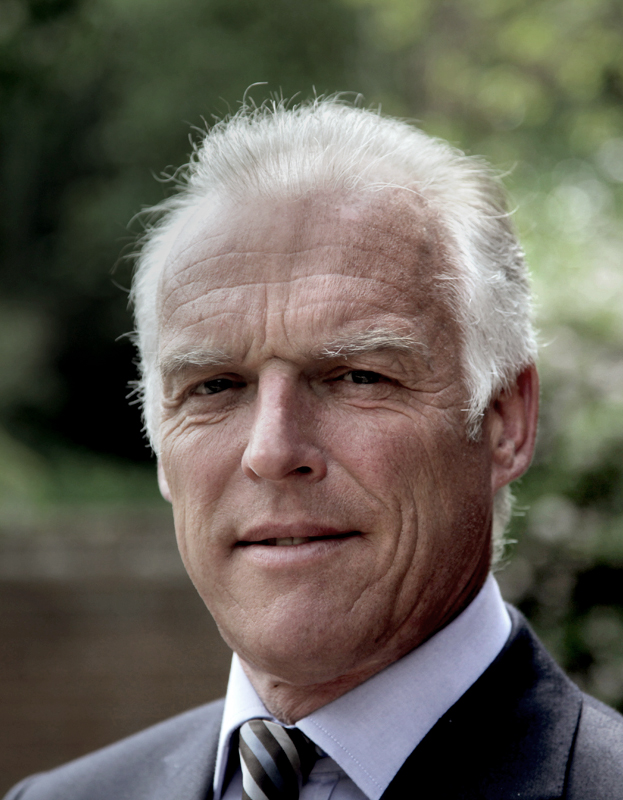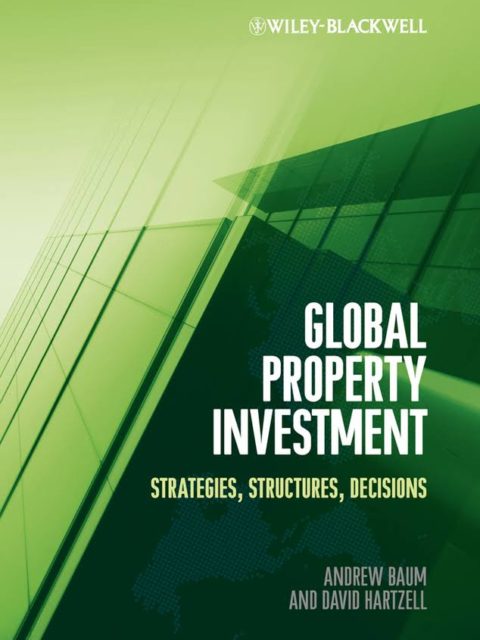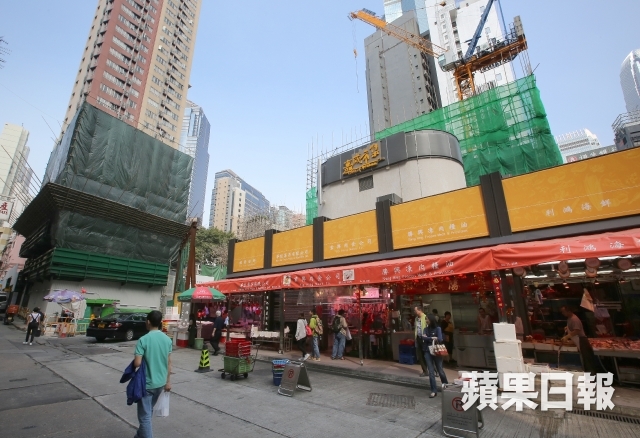
Andrew Baum is a leading real estate expert, MBA real estate professor and the author of several real estate books, including Global Property Investments: Strategies, Structures, Decisions. He spoke with Spacious regarding the need for a book on global property investments, how technology is changing the markets, and his tips on analyzing property investments in Hong Kong.
You’ve already written several successful books on real estate what prompted you to write a book on global property investment?
“Two reasons for that, one was the global financial crisis created changes in the market and things that were going on, there was a lot to write about given that. The second reason was to do with the fact there have been very rarely ever been books that bind together international ways of looking at real estate. There are a lot of textbooks that are dominant in the market or some UK textbooks. We tried to write a book that was applicable to both the US, UK, European and Asian markets with some common material that would bind them together. We put in some case studies in China and Egypt and all sort of places to try and bind that together. So there’s a lack of a book which is based outside of the US but was inclusive of the US. So we tried to create that.”
Who is the intended audience? While you’ve provided detail, I felt that the explanations and summaries are good for novices in global real estate.
“The primary audience was master students and MBA students and business executives. In most of our recent experience, me and my co-author David Hartzell, is teaching MBA students and executives. The executives we teach are often from a non-real estate background… and the MBA students we teach are real estate majors. We wanted something which would appeal to people who hadn’t had three years of real estate training.”
This book was broken into four areas, I wanted to ask you about each section or part, can you explain what readers will find in each of these sections?
Real Estate As An Investment: “That’s like a global tour of the asset class, I describe how the asset class works, relative to stocks and bonds, how big the market is, who the investors are. Something on the history of real estate investing in the last 50 years and booms and the busts that we’ve seen in the market. I have description of players in the market…”
Making Decisions At The Property Level: “The book is subtitled, ‘Strategies, Structures, Decisions’ and strategies means top down while thinking about how to build a portfolio globally. Structures mean companies and partnerships you put into place… and then decisions means, how do you analyze a deal at the property level. Part two is about numerical analysis of a property deal and we take people through the analysis of deals including leverage, and all the way through to waterfall structures for partnerships, which is something that isn’t covered well in other real estate books.”
Real Estate Investment Structures: “The 10 to 15 years have seen an explosion of limited partnerships and close ended and open ended property funds that have facilitated global property investments and a lot of the standard textbooks aren’t describing anything, so giving my consulting business which is focused on this, we describe the universe of property funds for people to invest in, how they work and because it’s so important, it’s important to describe them. We also put in REITs and property derivatives which are a stillborn sector that could still take off…”
Creating Global Real Estate Strategies: “We start from the question if you were a large endowment fund and you wanted to put a billion US dollars to work globally how would you think about that? What would you do? We start off by thinking about the particular challenges of investing across border and what that does to your planning and what all of the difficulties in investing in real estate globally are. And then finally we come up with a set of propositions about how your might do it and how you might think about it.”
When you look at the global property investment market, what areas interest you? What areas concern you?
“The areas that interest me are emerging markets… geographically emerging markets. We see over 200 countries in the world and about 25 of them get invested in by cross-border property investors. The really interesting question is ‘What will it take to get these emerging markets into the investment universe. What stops a whole continent like African from being investible?’ That’s the first question. I think the second thing is, because of technology, we’re getting technology driving all sort of changes in the real estate industry now from the way in which brokers work, the way in which capital is raised. The way in which buildings work… The impact of technology on real estate sectors is a big question. Those are two big things I would say, emerging markets and technology.”
In your book, you mention that “property investments are heterogeneous.” Investments can do well in bad markets. What struggling areas might investors consider right now?
“There’s not a lot of distress around, unfortunately, It’s not a great environment for people looking for bargains. The reason for that is, interest rates are so low everywhere that anything that is reasonably low risk is going for a very high price. That makes it really hard for property investors. I think the biggest opportunities are for people who are prepared to buy poor quality buildings and fix them in some way. There hasn’t been a huge amount of development in markets because of the debt crisis… Anybody with equity capital who can go into buildings and refurbish them or fix them up, is likely to make capital gains, with that strategy. Then there is taking pure risk by going into markets that haven’t been too popular…”

Andrew Baum and David Hartzell’s book ‘Global Property Investment’. Image from: Google Books.
In another section of your book, you discussed real estate cycles. In terms of real estate cycles, if someone is looking to purchase in Hong Kong, what should they keep in mind?
“If you believe that there is such thing as a real estate cycle, it’s clearly advisable to buy at the bottom of the cycle not the top of the cycle. If you can do that, sometimes it’s easier than other times and sometimes there is no cycle – the markets aren’t going up and down, they’re volatile or they get stuck in holes a long time. Sometimes it’s hard to spot these cycles… It also works out that Hong Kong is a great place to buy right now. I would do an analysis of cap rates, so how would cap rates look relative to local bonds… and how do rents look compared to fundamentals. Looking for rents that are lower than they should be and cap rates that are higher than they should be…”
In your book, you made a point on focusing on property depreciation, why?
“This is a big issue, if you buy a building, you’re buying a combination of land that doesn’t depreciate and a physical construct which guarantees, will depreciate. So, an office building builds on low-value land like a business park in a suburban U.S. city, is a dangerous thing to buy if you don’t pay the right price because inevitably the building will wear out over a period of years and will require demolition or replacement. And if there’s no land value of that property, then you’re going to lose quite a lot of your investment… some buildings are highly prone to depreciation. It seems to me that investors are really bad at anticipating the depreciation that’s going to hit their buildings. One thing I tell my students is, ‘The worst thing you can do is buy a brand new office building from a developer because that’s like buying a new Mercedes, that’s going to depreciate rapidly over the first few years of ownership.”









